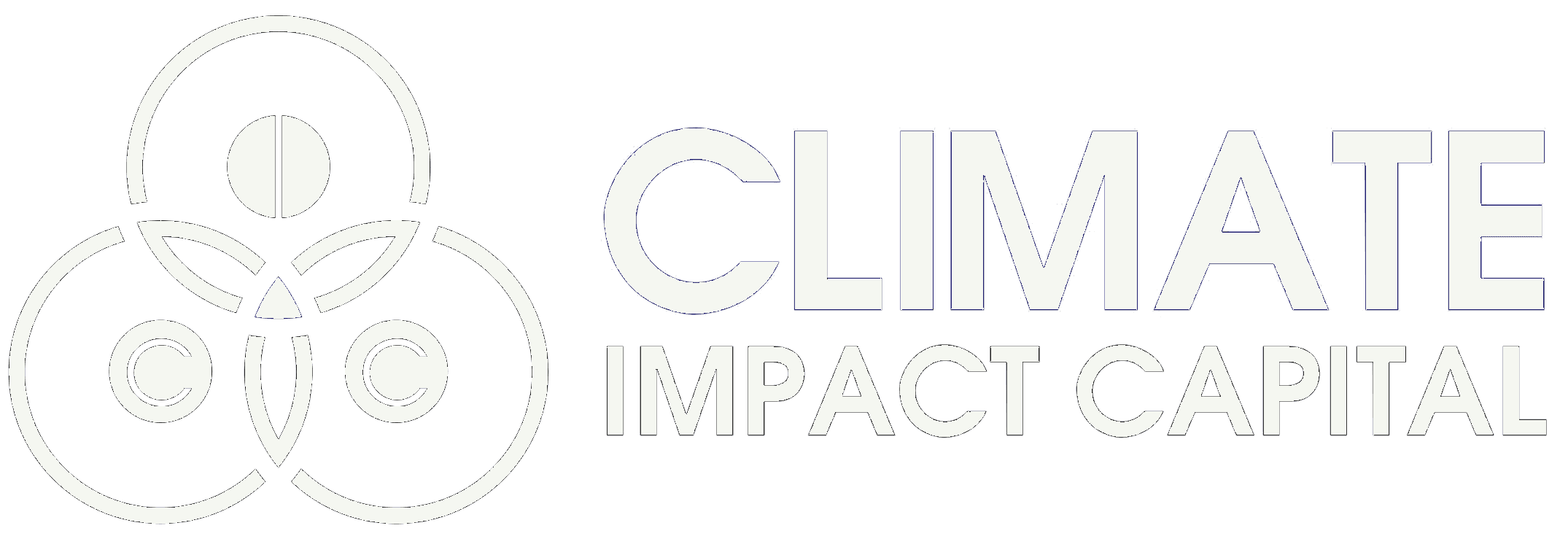GreenCom Networks, the Internet-of-things platform provider that’s become a go-to for major European utilities to control solar panels, batteries, electric vehicle chargers and smart home energy loads, has landed another funding round with two new strategic investors that could open new markets.
Wednesday’s funding round of 12 million euros ($14.5 million) added new investors Shell Ventures and Japan’s Energy & Environment Investment Inc. to a list of backers that includes U.K.-based utility and energy services provider Centrica, SET Ventures, Munich Venture Partners and Cosmos. GreenCom CEO Christian Feisst told GTM that both offer the Munich-based company opportunities to expand its range of strategic partnerships, which now include European utilities such as Centrica, E.ON and ESB.
Shell, for example, is competing with other European energy companies for market share in the distributed energy resources (DER) space via acquisitions of companies including German home battery and solar provider sonnen and EV charging system providers Greenlots and NewMotion.
“We’re a platform provider that’s able to combine all those elements so that the car is not only charged in [a] smart way through time-of-use tariffs, but the car is also talking to the PV, to the heat pump, to the battery,” Feisst said in an interview.
The involvement of Energy & Environment Investment, an investment fund backed by major Japanese utilities and manufacturers including Mitsubishi, opens up the potential for partnerships in Japan, he added. “We are heavily focused on the European market so far…[but] Japan is a very fascinating and big energy market.”
GreenCom has seen investments turn into strategic partnerships before. Centrica’s 2019 investment, for example, cemented GreenCom’s role in providing the IOT backbone for the home energy services related to Centrica’s Hive smart home devices, now used by about 1.7 million customers.
Enabling European virtual power plants
Beyond enabling multiple devices to interact in the home, GreenCom’s platform allows Centrica to manage the flexibility of IOT-enabled thermostats and heaters, as well as rooftop solar, EV chargers or batteries, as part of its Centrica Business Solutions flexibility trading arm.
These DER aggregations can be combined into virtual power plants, which can respond to changing wholesale energy prices to optimize power costs, balance local consumption and generation to maximize carbon emissions reduction or to aid utilities and grid operators in managing constraints on their power grids.
GreenCom is working with RheinEnergie, the energy company serving the German city of Cologne, connecting and managing over 3 megawatts of decentralized energy asset capacity in a 700-apartment smart-city district. To date, the project has yielded about 19 percent energy cost savings for the utility and participating customers — “that’s all software-driven,” Feisst said.
Another large-scale project with German energy services firm Getec envisions replacing up to 1 million electric heat storage systems with new controllable heaters over the next 10 to 15 years, he said. The switch-outs will be done under a “heat-as-a-service” business model that lowers upfront costs for real estate owners and earns its money back through energy efficiency and grid services.
GreenCom’s acquisition of shine, a home energy data management and controls startup founded by the incubator arm of German utility innogy, has enabled more advanced energy trading efforts like its “carbon-neutral village” in the Brunnthal district of Munich, Feisst said. This “peer-to-peer” energy trading project allows neighboring buildings to trade excess generation from solar PV, batteries and micro combined-heat-and-power systems with each other to match their moment-by-moment consumption needs and share the associated bill credits.
A virtual representation of the Brunnthal energy-trading platform. Credit: RheinEnergie
Competitors in the home energy and virtual power plant domains
GreenCom’s role in these projects is to connect disparate devices in a common data-sharing and communications framework, Feisst explained. “Technically, we are an IOT platform with a sweet spot on residential-type assets,” he said.
That differentiates its business model from other DER aggregators and utility and energy trading companies that take an active stake in the energy and grid-related revenue that comes from managing behind-the-meter assets, such as Kiwi Power or Centrica’s REstore.
Other companies providing similar integration and IT services underlying DER controls and virtual power plants include Silicon Valley-based AutoGrid, which is orchestrating virtual power plants in the U.S., Europe and Australia with partners including Sunrun, NextEra and French oil major Total, and Tiko, a joint venture of Swisscom and Repower that’s put its home energy control hub to work in projects with French utility Engie and others.
In the United States, EnergyHub has multiple utilities as customers for its home device aggregation and management services, and DER aggregator Enbala was acquired by Generac, the backup generator and battery vendor with virtual power plant ambitions of its own.
GreenCom’s decade of experience linking disparate devices using proprietary communications and networking protocols has given it a certain standing among energy services providers and device manufacturers, Feisst said. It’s now working with about 20 utility customers and device manufacturers.
In some cases, multiple technology partners may be involved in integrating different DERs. Sonnen, for one, has in the past few years worked with Tiko and AutoGrid to orchestrate its solar-battery systems in different markets.
On that front, GreenCom’s September presentation at the Ecosummit event in Berlin mentioned an emerging deal with an unnamed “leading battery manufacturer” that could expand to 100,000 batteries over the next five years. The company declined to provide more details on the partnership.
Greentech Media’s virtual Grid Edge Innovation Summit 2020 this week is bringing utility and industry executives from around the world to discuss the challenges of decarbonizing the electricity sector, the opportunities for using distributed energy and virtual power plants to enable grid flexibility, the role of microgrids in resiliency and reliability, and more. To register or learn more, click here.


